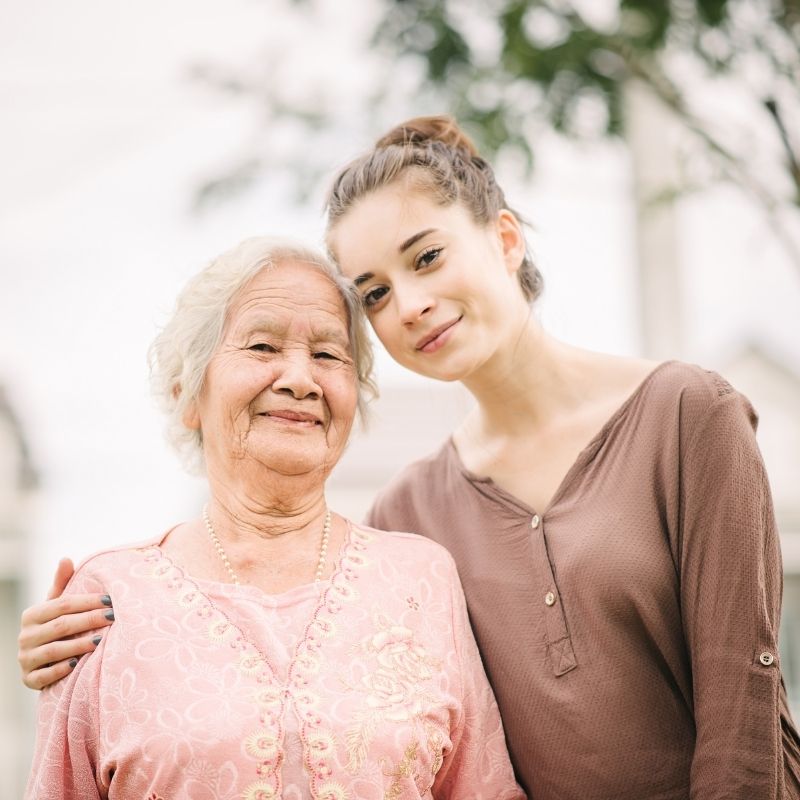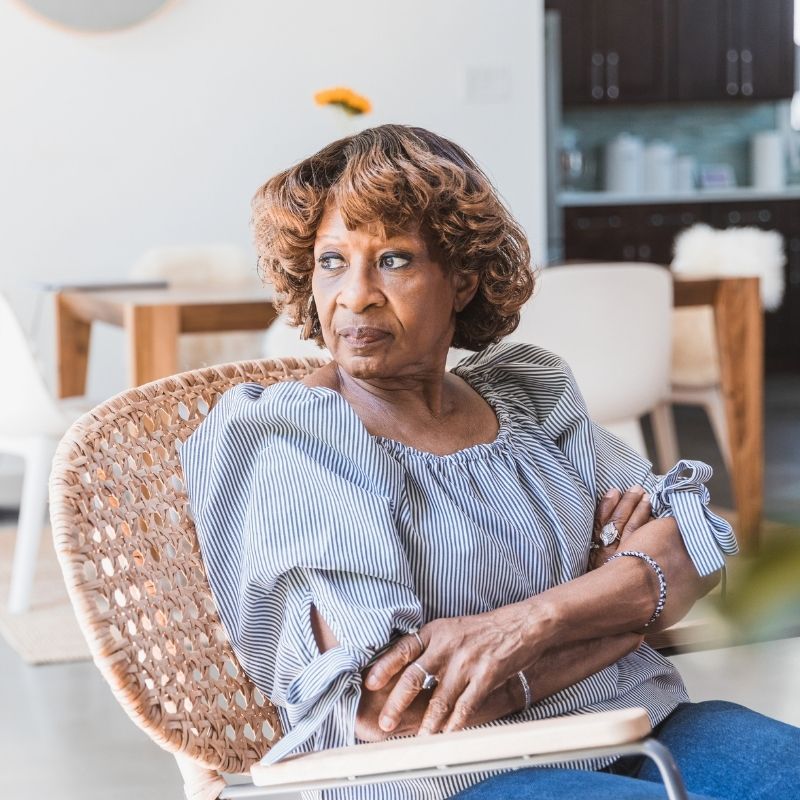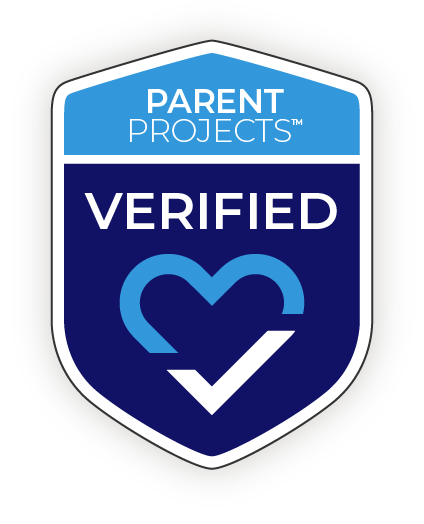It can be difficult to know where to start when looking for home care assistance services.
How do you know if a company is reputable?
What should you look for in a caregiver? And how much should you expect to pay?
Keep in mind that everyone’s needs are different, so these tips should not be considered comprehensive.
Always do your own research and ask around for recommendations before selecting a service provider.
When it comes to this kind of service, you want to be sure you are making the best decision for your loved one.
Here are eight tips to help make the process easier:
Tip #01: Consider the needs of your loved one
The first step in selecting home care assistance services is to consider the needs of your loved one.
You want to make sure the services are available for when your loved one needs them the most, whether that’s during a holiday or when you’re at work all day.
Tip #02: Talk with your loved one about their needs and preferences
The next step is to talk with your loved one about their needs and preferences.
This will help match them with the correct service provider.
Tip #03: Look for a homecare assistance that offers customized plans
When looking for home care assistance services, be sure to find a provider that offers customized plans.
This way, you can be sure your services are tailored to your loved one’s needs.
Tip #04: Ask about the provider’s training and certifications
Asking service providers about their training and certifications is important as well.
In fact, the service providers should have a minimum of eighty hours of in-service training every year.

Tip #05: Ask about the home care assistance policies and procedures
When selecting home care assistance services, be sure to ask about the provider’s policies and procedures.
This will help ensure that your loved one is safe and comfortable while in their care. You should also ask how often the carer will visit.
Tip #06: Get to know the provider’s staff and team members
Knowing the carer is important as well since they are who you’ll be working with most often.
Asking for references from previous clients can also help you get a better idea of the type of service they provide.
Tip #07: Ask about the provider’s credentials and insurance coverage
Ask the service provider what kind of credentials they have, as well as if they carry insurance coverage to help protect you in case something goes wrong while your loved one is under their supervision.
You should also ask the carer about liability insurance coverage.
Tip #08: Get a contract in place to protect both parties
Finally, make sure you get a contract signed by both your loved one and the carer before they start working together.
This protects everyone involved!
What does home care assistance do?
Home care assistance provides home-based services to seniors, allowing them to live independently in their home for as long as possible.
This level of care should be customized according to each client’s needs and preferences.
How do I qualify for home care assistance in Arizona?
Home care assistance is available to seniors in Arizona who meet the following requirements:
- They must be at least 18 years old.
- They must reside in Maricopa, Pima, or Yuma County.
- They must need help with activities of daily living such as bathing, dressing, and grooming.
- They must be homebound, either because of their health or an environmental barrier to leaving home.
- They cannot need care 24 hours a day (for example, it could be for between three and 14 hours per week).
- A doctor must determine that home care is necessary in order to avoid institutionalization.
What are the benefits of home care assistance?
First, home carers should be able to offer tailored plans for each client.
Second, home carers can help seniors live independently in their homes as long as possible by providing around-the-clock supervision and support services.
Third, home care assistance benefits include keeping clients safe and comfortable while allowing them to retain their independence for as long as possible.
These benefits include home-based services, ensuring clients are safe and comfortable while retaining a high level of independence.
This is the perfect way to keep your loved ones healthy and happy.
To select home care service providers, consider the needs of your loved one, talk with them about their needs and preferences, look for a provider that offers customized plans, ask about home care assistance service provider training and certifications policies or procedures before selecting home care assistance services.
Finally you should get home care assistance services contract in place before they start working together!
The best home care services are the ones that create a customized plan to suit your family’s needs.
We have compiled 8 tips for selecting these experts to help you find the right person or company for you and your loved one(s). If you require our expertise, please contact us at Senior Resource Connectors.
Our team of resource specialists offers free consultations in order to get started on dreaming up an optimal living situation together with your loved one (or someone close) who is experiencing challenges with daily tasks like bathing, dressing or cooking.
We’re a trusted coalition of Arizona companies committed to providing your senior loved ones with the best care resources in Arizona, at any age or stage. You can reach out to us for help directly, or submit an application to become part of our trusted coalition.
These specialists can also provide valuable insight into finding solutions that work within any budget constraints!

Contact Senior Resource Connectors
Your roadmap when it comes to determining the best care plan for your senior loved one in Arizona – at any age or stage. Visit our resource center, view our business directory, or connect with us below.



















